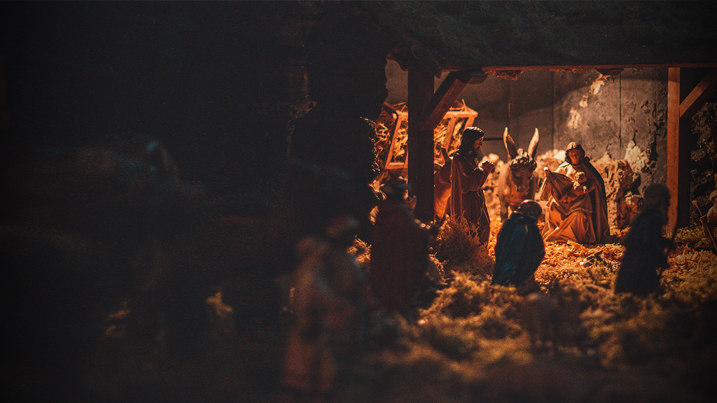People of the Nativity – Day 4


Caesar Augustus
Se(di)ngolwa (t)sa Bibele
LUKA 2
Tswalo ya Jesu
Ah, bureaucracy! It turns out that complicated government administrative procedures are nothing new.
Caesar Augustus ruled from 31 BC to AD 14, a time regarded as a golden age for Rome. He probably ordered the census for the purposes of collecting taxes, determining eligibility for military service, and to learn more about his empire and achievements. Quirinius served two terms as governor, 6-4 BC and AD 6-9, which is why many scholars believe the actual date of Jesus’ birth was around 4 BC.
The census wasn’t simple – it required hometown registration which meant that Mary and Joseph had to leave Nazareth and travel about 111 km to Bethlehem. Despite popular tradition, there’s no mention of a donkey, and it’s more probable that the couple would have made the journey on foot. Through the tedium of obeying a census order and all its red tape, God made sure that the prophecy of Micah 5:2 would be fulfilled – “But you, Bethlehem Ephrathah, though you are small among the clans of Judah, out of you will come, for me, one who will be ruler over Israel, whose origins are from of old, from ancient times.”
After encounters with angels and a miraculous conception, a dreary trip to Home Affairs probably wasn’t what Mary and Joseph were expecting. It’s not always clear to us how God is working in our circumstances. Our passage today encourages us that even as we go about our daily lives, fulfilling our responsibilities, God is working. Can you look back on this year and see God’s hand in retrospect?

